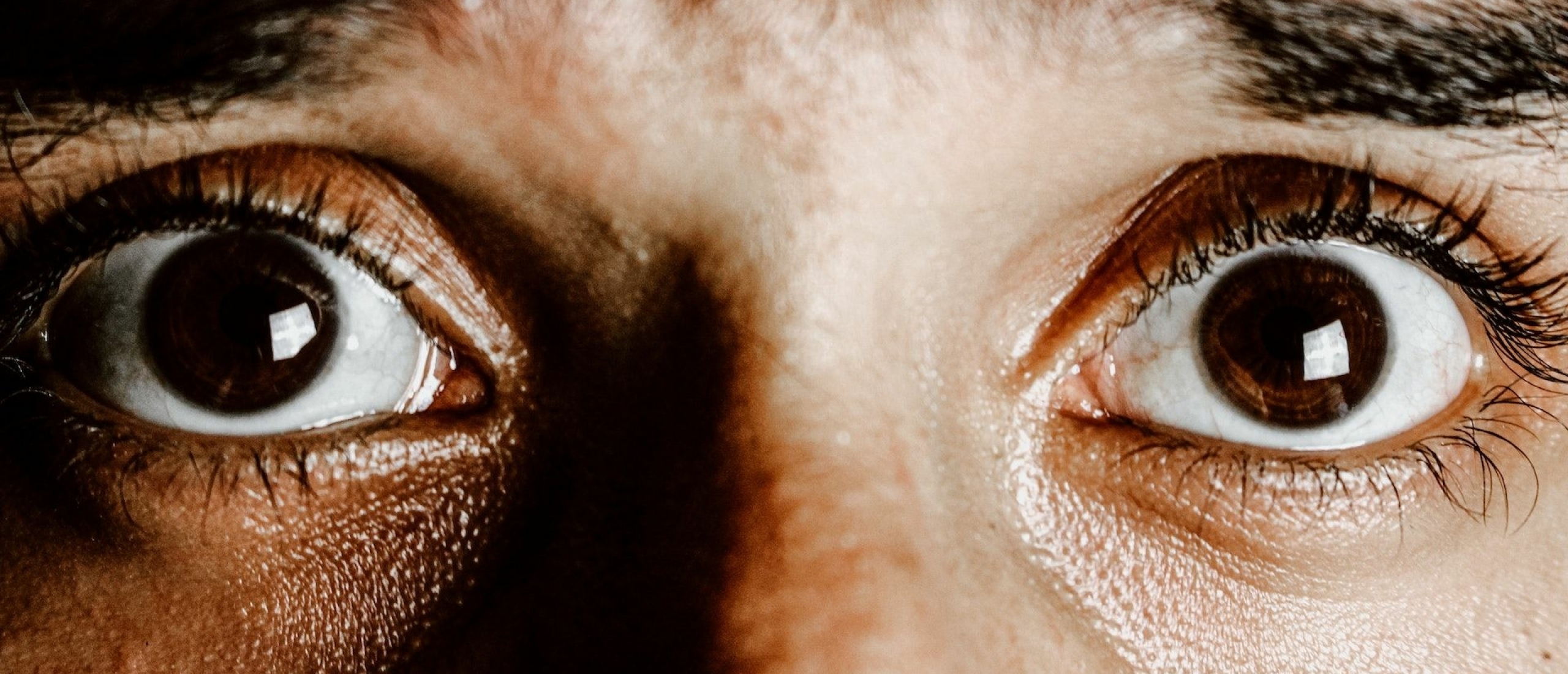
Not everyone experiences stress the same way. Some people get overwhelmed quickly, while others seem to stay calm in the exact same situation. The reason? Your personality plays a powerful role in how you perceive and respond to stress.
This article explores why some people feel more stressed than others, and how personality traits like optimism, hostility, and hardiness influence stress sensitivity — and resilience.
Why Stress Feels Different for Everyone
Stress is a natural response to change — whether it’s a new opportunity or a sudden threat. It’s designed to help us adapt and re-establish internal balance, or homeostasis. But what activates your stress response, and how intense it becomes, depends heavily on your personality.
Even when faced with the same external event — like a difficult boss or a tight deadline — two people can have completely different reactions. One may take action and ask for help, while another might freeze up and feel helpless. The stressor is the same; the reaction is shaped by personality.
What Is Personality?
Personality refers to your characteristic way of thinking, feeling, and behaving. It shapes how you perceive the world, make decisions, and interact with others — and it also influences how you experience stress.
The ancient physician Hippocrates already knew this when he suggested it was more important to understand the person with the illness than the illness itself. Modern psychology continues this idea with concepts like "personality traits" and "temperaments" to understand why we react to stress the way we do.
Vulnerability vs. Resilience: Why Some Cope Better Than Others
Stress becomes a problem when we feel we don’t have the resources to deal with a challenge. Your ability to cope depends not just on external support, but on whether you use it — and that depends on personality.
For example, if your workload feels overwhelming, a resilient person may:
- Ask a colleague for help
- Use tech tools to save time
- Talk with their manager
A more stress-sensitive person might feel stuck, even with those same resources. Personality doesn’t change your environment — but it determines how you engage with it.
The Three C’s of Hardiness: A Stress-Resistant Personality Trait
One of the strongest psychological protectors against stress is hardiness — a personality trait that helps you take action and see stress as an opportunity to grow.
Hardiness is made up of:
- Commitment: Staying involved even during tough times
- Control: Believing you can influence events in your life
- Challenge: Viewing change as a chance to learn, not a threat
Studies from high-stress workplaces show that people high in hardiness were far less likely to experience health problems — and often thrived under pressure.
Optimism: Believing Things Will Work Out
Optimism is different from hardiness. It doesn’t rely on control, but on belief in a positive outcome. Optimists tend to:
- Stay calm during stress
- Expect that things will improve
- Maintain mental health even under pressure
They may not take action like a hardy person, but their positive outlook still protects them from chronic stress.
Hostility: A Risk Factor for Stress and Health
At the other end of the spectrum is hostility — a personality trait that makes people more reactive and vulnerable to stress. Hostile individuals:
- Often feel anger or resentment
- React aggressively (verbally or physically)
- Experience more sleep problems and higher blood pressure
Hostility activates the sympathetic nervous system more intensely, leading to physical stress symptoms and even increased risk of cardiovascular disease.
Coping Styles in Nature: Biology Meets Personality
Biologists observe stress responses in animals too. Some animals respond actively — fleeing or fighting. Others are passive — waiting for the danger to pass.
These responses involve:
- Adrenaline-dominant (active) responses: fast, focused, but can damage the heart over time
- Cortisol-dominant (passive) responses: more measured, but can suppress immunity
Humans show similar patterns — and neither is universally better. The best coping style depends on the situation, and having flexibility is often the healthiest approach.
Why Personality Can’t Be Boxed In
Psychologists have tried to define personality types for decades. But while frameworks like Jungian types or the Big Five are helpful, they can’t predict exactly how someone will react to stress.
Why? Because:
- People have overlapping traits
- Life experiences matter
- Environment and social context shape behavior
This is why personality tests used in hiring can be misleading. Human behavior — especially under stress — is far too complex to reduce to one type.
The Triangle: Biology, Personality, and Environment
Think of your stress reaction as a triangle, with one of the following at each angle:
- Biology — your physical wiring
- Environment — the stressor itself
- Personality — your interpretation and response
In the center of the triangle, there is homeostasis, the equilibrium that permits you to live without stress. Homeostasis is achieved through all three factors together.
You can’t always change your biology or environment. But you can develop personality-based strategies to shift how you respond.
For example:
- Accepting a breakup as growth, not failure
- Training yourself to pause before reacting
- Reframing setbacks as learning opportunities
This psychological flexibility is key to avoiding chronic stress and stress-related illness.
Know Yourself to Manage Stress Better
If you often wonder, "Why do I get stressed so easily?" — the answer might lie in your personality. Understanding your traits can help you:
- Recognize your stress triggers
- Find healthier coping mechanisms
- Build long-term resilience
Want to learn more? Explore our other articles on personality and stress, or join our course "Surmounting Stress" to take a deeper dive. You’ll also get access to our supportive community to discuss stress, personality, and more.










